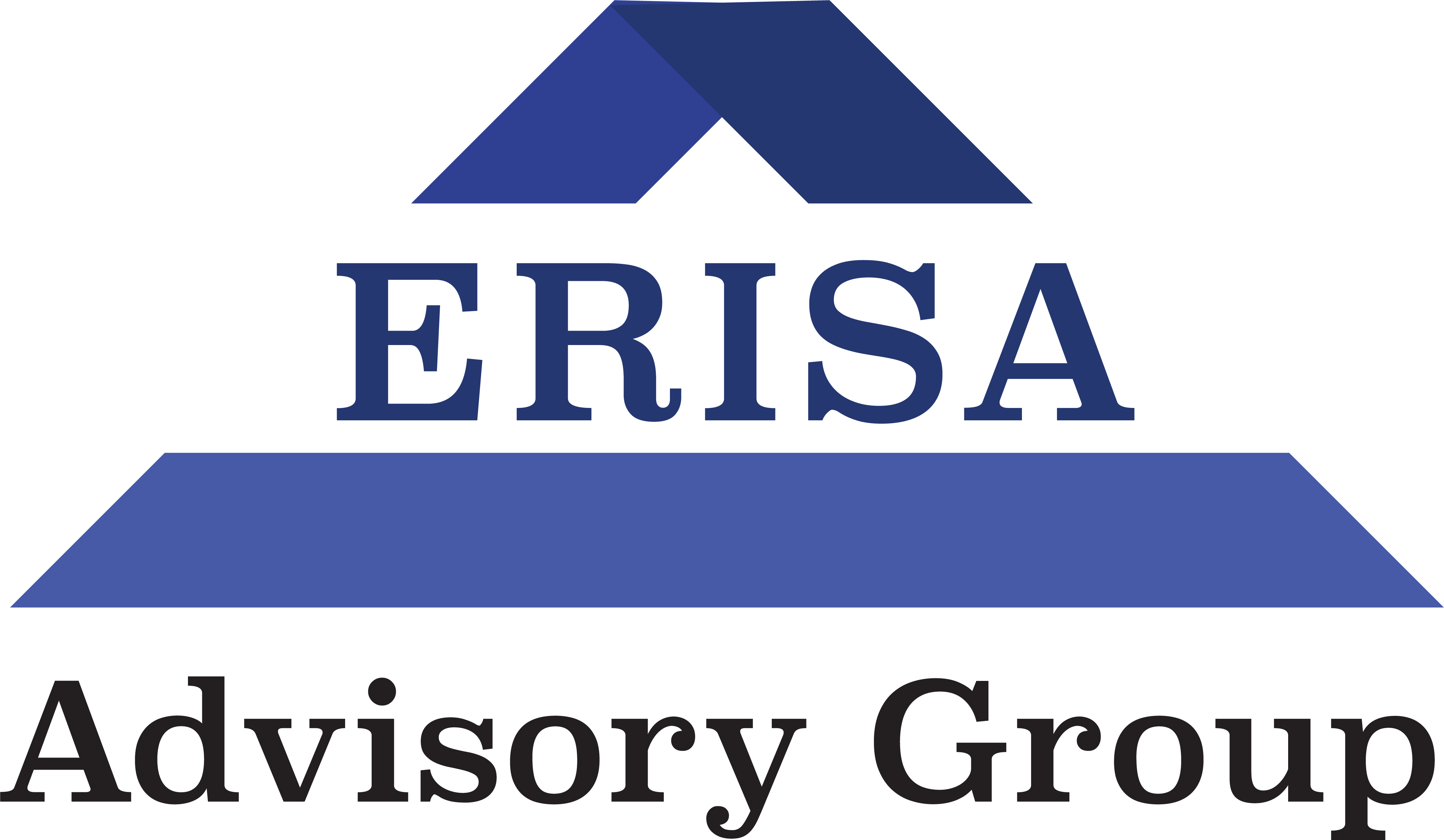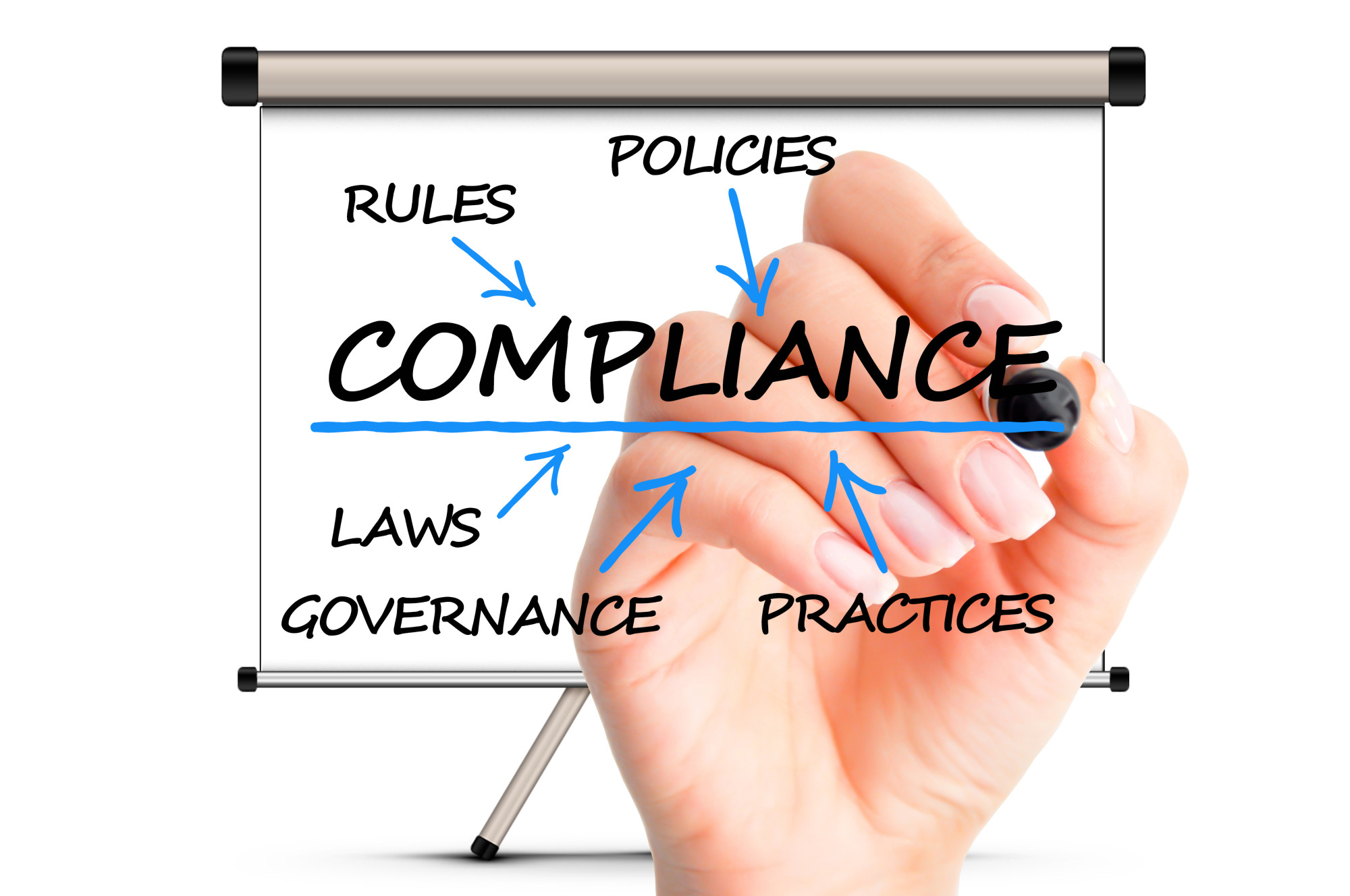Fines and penalties for not complying with ERISA totaled $931 million in FY 2022. The risk of an unfavorable audit is significant for your business.
ERISA compliance helps you mitigate risk. It benefits your business and your employees.
Complying with ERISA can be complicated, though. You need a comprehensive strategy. Learn more here about ERISA compliance and what you can do to protect your organization.
ERISA Compliance Requirements
Congress enacted the Employee Retirement Income Security Act (ERISA) in 1974. It sets minimum standards for retirement and health plans. ERISA applies to most private employers with voluntarily-established plans.
Compliance with ERISA requires action in several areas. You must:
- Establish a written plan document and administer the plan accordingly
- Give participants understandable information about their plan
- Ensure that the plan meets standards for participation, vesting, benefits accrual, and funding
- Act with fiduciary responsibility in the interest of plan participants and beneficiaries
- Establish a grievance and appeals process for participants
You may also need to file Form 5500 with the Department of Labor (DOL) every year. This form reports financial and other information about the benefits plan.
Risks of Non-Compliance with ERISA
Failing to comply with ERISA can be costly for your business.
The DOL increases the monetary penalties for violations every year. For example, the fine for failing to file Form 5500 rose to $2,586 per day in 2023. If you fail to answer an information request from the DOL, you’ll pay up to $184 per request per day.
Fiduciaries whose violations were not accidental could face criminal charges. Penalties could include fines or imprisonment. Fiduciary liability means that you could be held personally responsible for plan losses.
Lawsuits are another major risk for your business if you don’t comply with ERISA. Even the appearance of non-compliance can leave you vulnerable. ERISA litigation covers issues such as:
- Collecting plan contributions
- Prudence of investments
- Plan participants’ rights
The number of lawsuits continues to rise. Even if the judge eventually dismisses the suit, your business faces legal expenses and reputational damage.
Mitigate Risk with ERISA Compliance
You can reduce your risk of fines and penalties by ensuring compliance with ERISA. Documenting your compliance procedures is essential.
Create and Follow a Plan Document
A written plan document is essential for ERISA compliance. Failure to follow your plan document could cause the IRS to disqualify your plan.
The plan document must include several provisions. First, you need to name the fiduciaries who will control and manage the plan. The plan document must explain the distribution of the responsibilities for operating and administering the plan.
The plan document must explain your procedure for processing benefit claims. This should explain the appeals process. A clear statement of the basis on which benefits are paid to and from the plan is also necessary.
Finally, the plan document must describe protections for participants such as:
- Benefits portability
- Special enrollment rights
- Nondiscrimination policies
- Privacy of health information
You don’t need to give the written plan document to employees unless they request it.
Create and Distribute a Summary Plan Description
Complying with ERISA means you must distribute a summary plan description (SPD) to participants and beneficiaries. The SPD provides information from the written plan document in terms that employees can understand.
You must provide the SPD to plan participants at certain times. For example, an employee must receive the SPD within 90 days of becoming a participant in the plan.
You may distribute the SPD electronically. However, you must ensure that employees actually receive the documents. Plan participants typically must give consent to receive electronic documents.
Document Your Fiduciary Process
Fiduciaries under ERISA must act in the best interests of plan participants and beneficiaries. Allegations that you haven’t done so can lead to ERISA litigation. You can protect yourself by documenting your fiduciary process.
Responsible fiduciary practices include:
- Following your written plan document
- Defraying reasonable costs of plan administration
- Diversifying investments to minimize risk
- Monitoring investment performance
- Avoiding conflicts of interest
Documenting this process and how you follow it helps to justify your actions. You have evidence that you try to act in the interest of your employees.
Follow Recordkeeping and Reporting Requirements
ERISA requires you to keep accurate records about employees’ benefit plans. You must store these records securely for at least six years after filing. You may need to keep some records even longer.
You need to file Form 5500 or 5500-SF every year. This form documents details of your plan, such as:
- Financial condition
- Investments
- Service providers
- Insurance costs and providers
- Participants
You can file Form 5500 through the EFAST system. EFAST is an online filing platform for the DOL. Filing Form 5500 helps you maintain compliance with the IRS as well as the DOL.
Benefits of ERISA Compliance
Complying with ERISA mitigates risk for your organization. It helps protect you against fines, penalties, and lawsuits. Compliance has other benefits as well.
Compliance with Other Regulations
ERISA is just one federal law that applies to group health plans. ERISA compliance helps you follow other laws, such as:
- Affordable Care Act (ACA)
- Consolidated Omnibus Budget Reconciliation Act (COBRA)
- Health Insurance Portability and Accountability Act (HIPAA)
You improve the overall regulatory compliance of your business.
Higher Employee Satisfaction
The benefits you offer your employees help you attract and retain top talent. More than 60% of employees surveyed said that benefits are very important for their loyalty to their employer.
Complying with ERISA helps you offer the best possible benefits package to your employees. Your personnel know that you’re acting ethically on their behalf. They can better understand their benefits because of the communication you provide.
Peace of Mind
ERISA compliance gives you peace of mind. You know that you’re reducing ERISA risks. You’re less worried about penalties from the DOL or ERISA litigation.
You can be confident you’re acting ethically with regard to your employees’ benefits.
Find the Right Partner for ERISA Compliance
ERISA compliance is an essential part of managing your business. The risks of non-compliance are significant.
Complying with ERISA can be complex. You have to ensure that your processes and documentation meet all the regulations.
The ERISA Advisory Group has been helping our clients with ERISA compliance since 1995. Our team of fiduciaries and consultants has extensive experience in all aspects of employee benefit plans. We will partner with you to develop comprehensive compliance strategies.
The ERISA Advisory Group offers a range of options to meet the needs of your business. We can conduct a compliance overview to identify problems and develop corrective actions. We can also provide in-depth training for your fiduciaries. We can act as an independent fiduciary.
Schedule a free consultation today to learn how we can help you maintain ERISA compliance.

